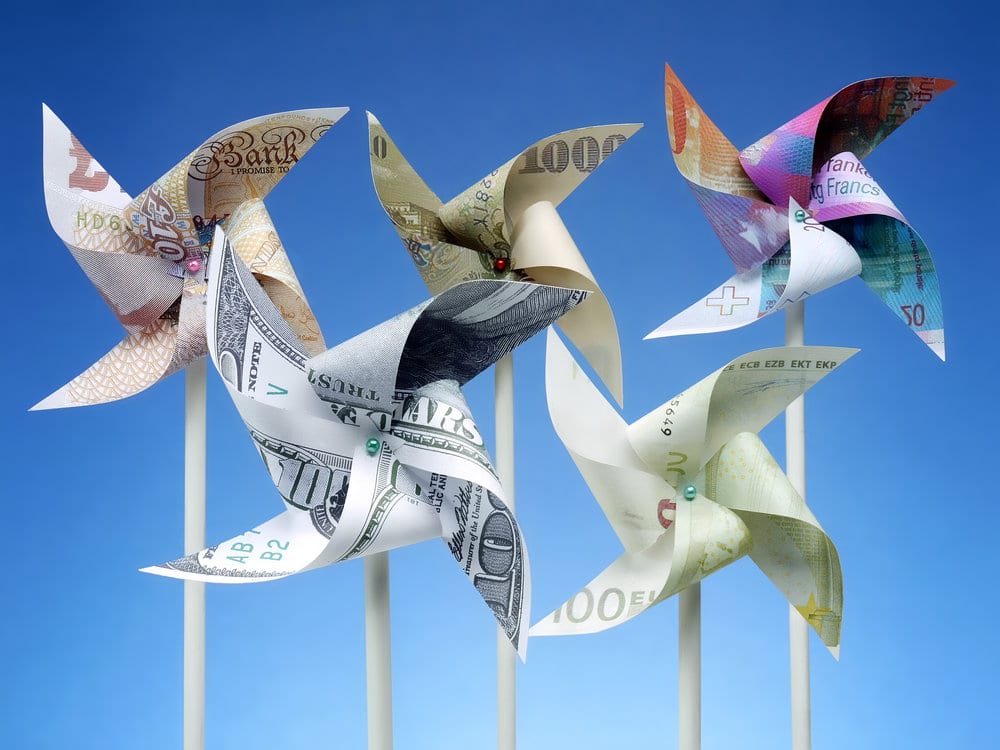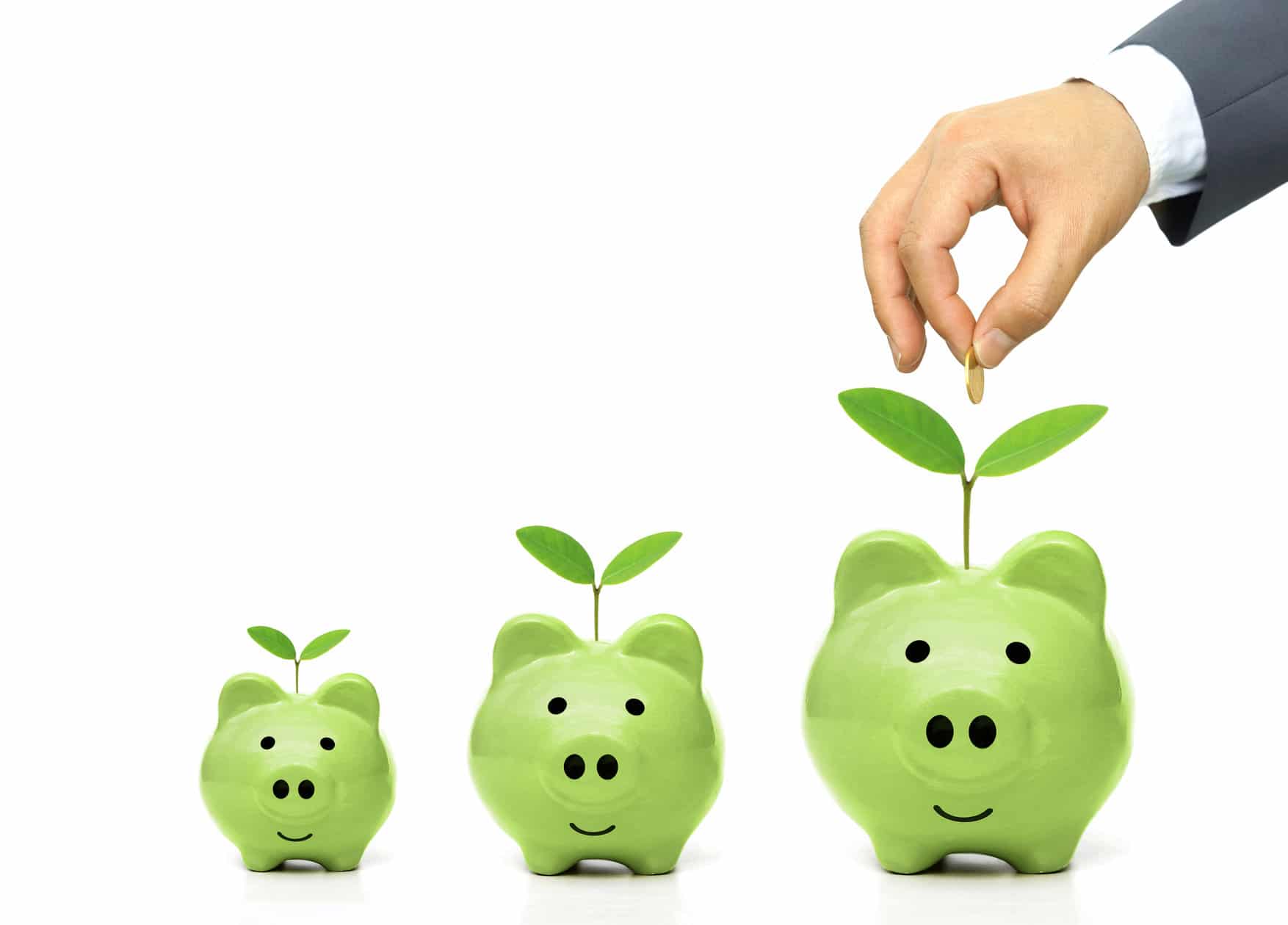Jasmine Birtles
Your money-making expert. Financial journalist, TV and radio personality.


In our socially conscious times, lots of us are looking to do better with the things we spend money on. That might mean ditching fast fashion, buying sustainable food or going veggie or vegan, giving to charity, or buying an electric car rather than a gas-guzzling one.
What about when we want to invest our money rather than spend it, though? Is there a way to save money ethically?
The answer is yes, there is.
Here, we’ll give you an introduction to ethical funds: what they are, why you should consider them, and which you should look at if you’re just starting out.

In short, ethical funds are set up to allow individuals to invest in companies that have an ethical focus. They often invest their clients’ money in ESG (environmental, societal and governance areas). They are likely to bar companies that offer traditionally “unethical” products, so won’t invest (for example) in arms, tobacco or gambling businesses. Many ethical funds are centred on the environment, supporting solutions in areas including renewable energy (we’ll discuss this more below).
Ethical funds can also be centred around other things, such as companies that dedicate investment in charitable projects or even the arts. Basically, rather than your money going into a fund that supports things like fossil fuel production or low-paid factory workers, you can choose to support companies that try to better the world around them.
Those who invest in ethical funds are doing their bit for the future. By investing in ethical funds, you are ensuring that the money you invest goes towards creating a sustainable future rather than adding to the financial pot of companies that are creating further problems globally. Your profits come from the success of sustainable solutions and social, environmental and governmental progress, rather than from further exploitation of people or the environment.
As with anything, there are some disadvantages to ethical funds. Because they are still a relatively new product (only appearing in the past two decades or so), some newer funds might come with more risks than longer-established ones. They can also be more expensive, as they often require a more hands-on approach. Because the nature of ethical funds often means investing in small or medium sized businesses, rather than large and well-established ones, there is also risk that these companies could fail – taking your investment with them.
If you want to invest in this way, make sure you take advice from the experts and really do your homework. You’ll find a list of brokers below. We’ve also included a few ethical funds that have been rated highly by those in the know, so you know that you can put your trust in them.
There are a few different options if you want to start investing in ethical funds. Here are just a few of them:
All of the above have been ranked as amongst the most popular ethical investment funds, meaning you can trust that your money will be going to the right place.
There are also a number of brokers that will help you to select, organise and manage the best ethical funds in which to invest your money. You could look at companies including Hargreaves Lansdown, Nutmeg, Wealthsimple, Wealthify, AJ Bell, Vanguard, Interactive Investor and eToro for suggestions on where to invest.
Of course, there are other ways to be ethical with your money, too. If you’re looking to increase the worth of your day-to-day spending, here are a few things you can do:
Lots of charity shops have branched out from the high street and now offer online shops, and even products such as furniture. Quality is often high, and you can always pick up bargains you’d never found elsewhere.
Pop into your local Oxfam next time you want a bar of chocolate, and you’ll find lots of Fair Trade options. These products guarantee a good deal for those that source them, often in countries in South America. And yes, there are other products than chocolate too – coffee, anyone? You don’t have to visit your charity shop, either – lots of supermarkets stock Fair Trade products, too. Check for the Fair Trade mark on packaging to make sure it really is ethical.
Charity credit cards are a good way to regularly donate money as part of your everyday life. Essentially, using one means a small percentage is given to the charity for every purchase made. Make sure you pay money off every month to ensure your interest doesn’t sky rocket!
The next generation of banking apps, like Monzo, for example, give users the chance to set money aside for charity by “rounding-up” your purchases. So if you bought a coffee using your card for £1.87, it might ask if you wanted to round it up to £2. The extra 13p would then be set aside in your charity pot.
We’re all becoming more aware of the brands that exploit their workers and destroy the environment. If you want to avoid adding to this, look for local brands that pay their staff well and use sustainable materials.
Eat organic, look for the British Lion symbol on eggs, or incorporate more veggie or vegan meals into your diet. This one will make your meals taste better and improve your overall health, too!
Use a charity search engine
Charitable search engines cost you nothing! Use them instead of Google and you’ll generate income for the charity. Find out more in How to Give to Charity Without Spending a Penny.
*This is not financial or investment advice. Remember to do your own research and speak to a professional advisor before parting with any money.
Direct to your inbox every week
New data capture form 2023

Very important for people to be aware what happens to money they invest. Some rather unscrupulous companies out there.